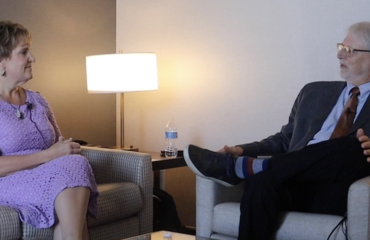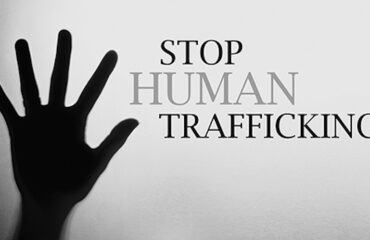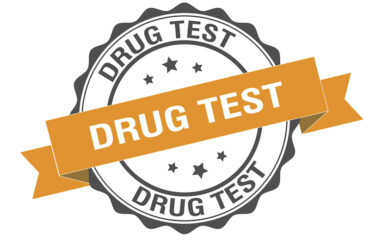Justice Speaks Podcast Episode #62
 This episode of Justice Speaks continues its series of interviews with individuals impacting the Justice System, turning to those who supervise individuals under community supervision in the form of probation or parole. In this episode, we interview Marcus Hodges, Associate Director of CSOSA (Court Services and Offender Supervision Agency) in Washington, D.C. This episode is sponsored by Reconnect.
This episode of Justice Speaks continues its series of interviews with individuals impacting the Justice System, turning to those who supervise individuals under community supervision in the form of probation or parole. In this episode, we interview Marcus Hodges, Associate Director of CSOSA (Court Services and Offender Supervision Agency) in Washington, D.C. This episode is sponsored by Reconnect.
Mr. Hodges offers a unique perspective on his journey into the field of criminal justice supervision as he recounts his initial uncertainty about his career path, recalling his college days when he was more focused on pursuing a football career rather than academic pursuits. However, a criminal justice class sparked his interest in corrections. He tells us about the impact of a warden who passionately spoke about the field of corrections, leaving a lasting impression. Inspired, Mr. Hodges decided that he wanted to become a prison warden. After graduating, Mr. Hodges tells us about his first job which was at the Virginia prison where the warden, who inspired him, had worked. He talks about how he then worked in the Virginia correctional system for the next twenty-five years. Reflecting on his career trajectory, he acknowledges that his correctional journey was serendipitous, describing it as “backing into” his current role at CSCOSA.
What is CSCOSA?
When asked what CSOSA stands for, Mr. Hodges explains that the letters are the initials for the Court Services and Offender Supervision Agency. He goes on to describe how it is one of the few federal agencies with a completely local mission involving the supervision of individuals who were convicted of crimes in Washington, D.C.
He notes that the CSOSA Director is a six-year presidential appointment and that he was appointed to the position of Associate Director by Richard Tischner, the current Director.
Throughout the interview, Mr. Hodges highlights the importance of CSOSA in overseeing offender supervision. He emphasizes the transformative potential of rehabilitation and reintegration programs, highlighting the agency’s efforts to support individuals as they navigate the complexities of the justice system. He conveys how promoting positive outcomes for those under supervision is an important goal in his agency’s commitment to public safety and community well-being.

Technology and Community Supervision
Mr. Hodges then discusses the importance of technology in community supervision. He talks about his belief that Artificial Intelligence (AI) will change how data is understood and used in supervision. He believes it will change how corrections work.
Looking ahead, Mr. Hodges shares his vision for the future of CSOSA as a more comprehensive and holistic approach to offender supervision. He emphasizes the need for continued innovation and adaptation within the agency, recognizing the evolving landscape of criminal justice reform. He stresses the importance of collaboration and partnership with stakeholders, acknowledging that meaningful change requires a collective effort and shared responsibility.
Wrap Up
In conclusion, Marcus Hodges’ candid reflections reflect his commitment to the principles of justice and rehabilitation which underscores the importance of an individual in fostering positive change within the criminal justice system.
We wish to thank Mr. Hodges for sharing his insights and experiences on Justice Speaks. We also wish to thank Reconnect for sponsoring this podcast episode.
Additional Resource
You can watch this interview by going to the Justice Speakers Institutes’ YouTube Channel or by clicking here.
Get more articles like this
in your inbox
Subscribe to our mailing list and get the latest information and updates to your email inbox.
Thank you for subscribing.
Something went wrong.






